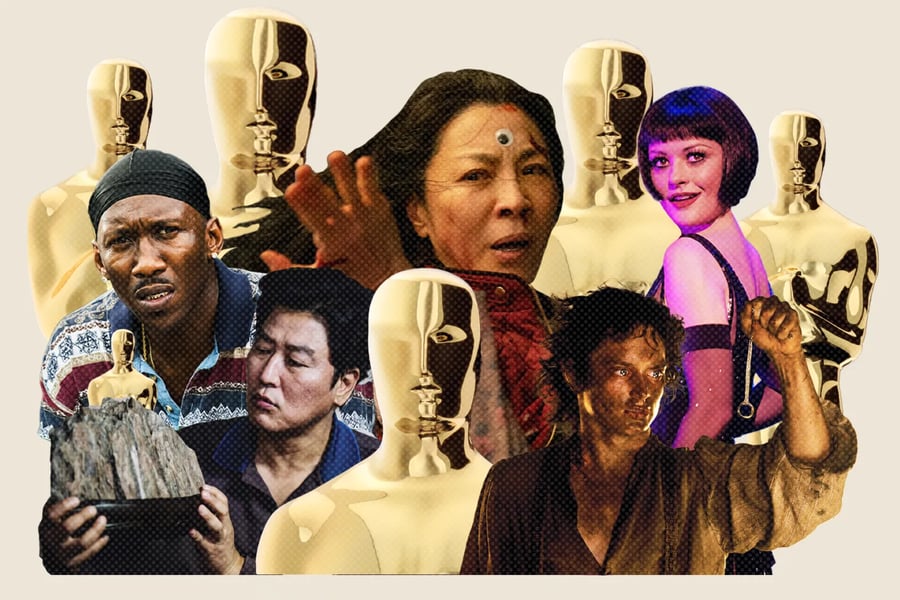Best Picture Oscar Winners of the 21st Century, Ranked
From ‘Gladiator’ to ‘Oppenheimer’ — our rankings of every film to take home the top Oscar since 2000, from worst to best

Left to right: 'Moonlight,' 'Parasite,', Everything Everywhere All at Once,' 'Lord of the Rings: The Return of the King,' 'Chicago.'
A24, 3; WARNER BROS, EVERETT COLLECTION, ALBERT WATSON/ASMP,6
The Oscars have been around for almost 100 years now, celebrating a medium that was born in the last few years of the 19th century, became the art form du jour of the 20th century and continues to flourish in the 21st century. When we entered the new millennium, we all wondered how the movies would change and evolve — and if the ceremony that handed out “Hollywood’s biggest honor” every spring would change with it.
The answer is… yes. And no. And sometimes, kinda. And, as in so many of the previous century’s editions: WTF, Oscars!? We’ve gone back and rewatched every Best Picture winner since the year 2000, and the result has been eye-opening. Some films have aged poorly, some have surprisingly stood the test of time, some have reminded us that when Oscars gets it right, it can get it really right — and some movies will forever be cursed with being Crash. Our ranked list, from worst to best.


























































